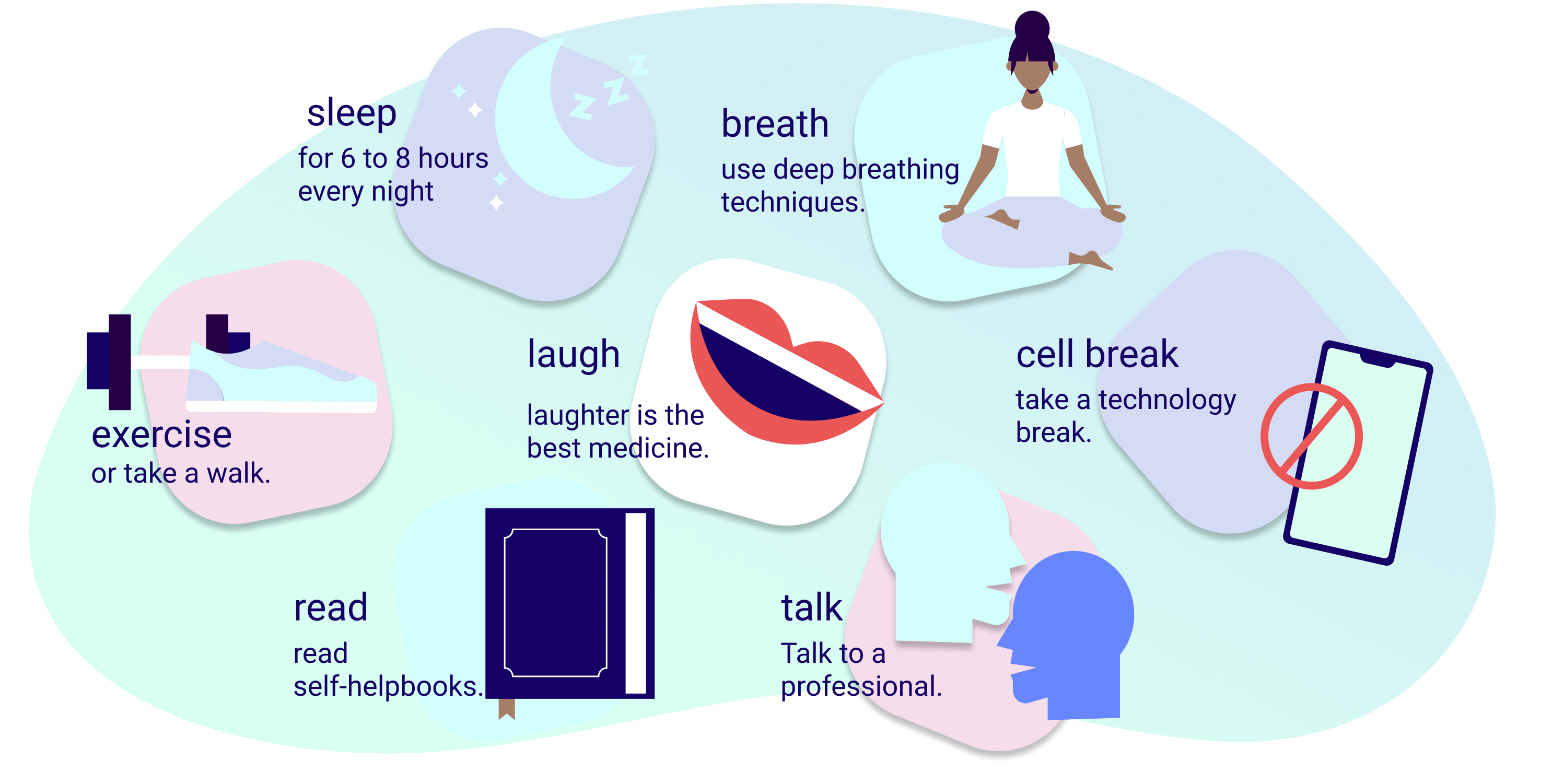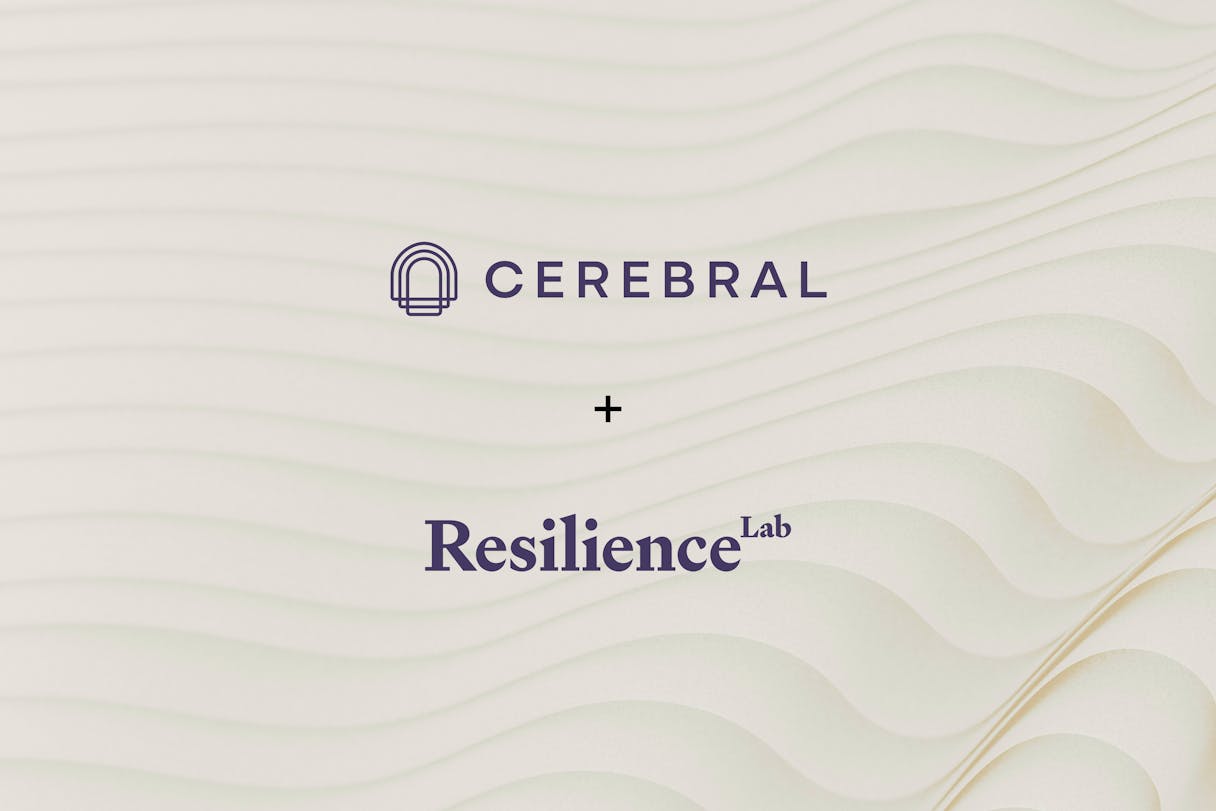/
In the News/
Mental Healthcare Professionals Of Color Share Thoughts And Resources Around George Floyd
In the wake of George Floyd’s senseless death, the nation is experiencing deep sorrow and outrage. Some will never experience firsthand the struggles, trauma, and post-traumatic stress disorder (PTSD) associated with recent events or with being Black, but are trying their best to learn and contribute to change.
We spoke with healthcare professionals from communities of color to hear their take on recent events and words on self-care during this time. From our conversations and research, we’ve compiled a list of resources for those who feel their mental health is being compromised.
Black psychologists share their thoughts around recent events and self-care
Dr. Jameca Woody Cooper is a clinical psychologist in Missouri and has been practicing for about 15 years. She specializes in geriatric and urban mental health and is a faculty member of Webster University. Dr. Nekeshia Hammond has been a licensed psychologist in Florida for 11 years and serves as the Public Education Chair for the Florida Psychological Association. She works to reduce the stigma of mental health treatment, particularly in the Black and Brown communities.
In regards to the pain, possible trauma, and PTSD associated with recent events, Dr. Jameca shares that the Black community has always lived with a certain set of rules and expectations, which may feel constantly like PTSD. “The rest of the country is now starting to feel what we feel on a daily basis because of its prominence in the media. The Black community has experience with the things many people are just seeing—for us, it’s just more of the same.”
Dr. Hammond believes that there could be a lot of trauma from recent events. “To see so much graphic violence and buildings being burned, it can be a lot to take in, especially when those people look like you.”
“There’s nowhere you can go and nothing you can do to forget racism. The Black community will receive less in the world because of its policies and actions. My 17-year-old son, for example, will have less because of racism.” said Dr. Jameca.
To cope with emotional fallouts, both psychologists recommend practicing self-awareness and self-care. It starts with having a safe place to process and being around people who understand these issues. It also includes taking a step back from the news, making time for physical activity and sun, and sleeping to keep the stress and frustrations levels low. When your mood starts to affect how you function socially or emotionally week after week, that's when it becomes more of a mental health concern.
Dr. Jameca’s personal mental health philosophy has been to recognize the difference between things she can change and the things she cannot change. “I have perfected the art of identifying what I can impact with my worry. I cut myself psychologically off from the things I have no control over. For the things I have control over, I figure out how I can get involved and what’s realistic.”
Overall, both psychologists have been balancing their personal hurt while supporting others through their pain. “I feel disappointed in the systemic racism that has brought us here, but at the same time, I feel hopeful when I look at the responses of various people in different positions all over the country—when I see not just young people or Black and Brown people, but all people of various ages and social classes expressing their outrage,” said Dr. Jameca.
“I’m happy that there’s awareness. All 50 states have protested about George Floyd. And it brings my heart joy to see it becoming global. Racism is not just in America. Everyone is getting involved and protesting,” says Dr. Hammond.
Additional ideas for self-care from healthcare professionals in communities of color

- “Grounding is one of the most effective techniques to help those who are experiencing grief, trauma, and PTSD. The act of grounding is to connect yourself with the present moment. It is a way to get you back into your body and away from upsetting thoughts, feelings, and images. One of my favorite grounding techniques is the 5-4-3-2-1 model. Naming 5 things you can see, 4 things you can hear, 3 things you can touch, 2 things you can smell, and 1 thing you can taste, I usually trade out the 1 thing you can taste for one thing you are grateful for.” -LeNaya Smith Crawford, LMFT, RYT, RPT
- “Unplug, center yourself, and take time to rest. You do not have to watch violence on loop or be subjected to the rantings of people who don’t value your life. It’s ok to give those people the boot. Find what helps you in a healthy way whether it be through exercise, yoga, music, and even protesting or donating to bail funds. You have to do what works best for you.” -De’Asia L. Thompson, LISW-S
- “Have compassion for the self. Set boundaries for the self. We are experiencing shared trauma as a nation and across the globe, and it’s hard. We need to keep ourselves safe away from the triggers and take some safe space away until we can safely tolerate them again.” -Diana, Licensed Trauma Therapist
- “Remain focused on the basics, one foot in front of the other, focusing on the picture as a whole right now may be detrimental. Try to reframe your worries or anxieties and write your concerns down. This clears your mind and gives you a space to put its content. Once it’s on paper, things gradually become less stressful.” -Pavan Prasad, Psychiatrist
Resources for mental health
- Therapy for Black Girls (@therapyforBlackgirls)
Therapy for Black Girls is a favorite amongst Black women. They run a podcast and Instagram specifically tailored to empowering persons of color. Recently, there have been discussions centered around trauma and PTSD - joining could be a great outlet. - Therapy for Black Men (@therapyforblkmen)
A directory to help men of color find a therapist. - The Loveland Foundation (@thelovelandfoundation)
Loveland Foundation hosts dynamic talks and has a vibrant community on Instagram promoting self-care and mental health support for Black women. - Melanin and Mental Health (@melaninandmentalhealth)
Serving the mental health needs of Black & Latinx/Hispanic communities by connecting POC with clinicians and monthly events. - Ayana Therapy (@ayana_therapy)
Matching marginalized communities with compatibly licensed therapists. - The Boris Lawrence Henson Foundation
Committed to changing the perception of mental illness in the African-American community by encouraging those who suffer from this debilitating illness to get the help they need. - National Queer and Trans Therapist of Color Network (@nqttcn)
Increasing access to healing justice resources for QTPoC. - The Nap Ministry (@thenapministry)
Examining the power of nap and rest.
Finishing with the facts
Due to social circumstances, many Black adults and youth are more likely to be exposed to economic distress and racism among other events that increase their chance of developing mental illnesses. Unfortunately, they also face more barriers to care like stigma, distrust of the healthcare system, lack of insurance or underinsurance, and lack of diverse, culturally competent providers.
- Black adults are 20% more likely to report serious psychological distress than adult whites (US HHS Office of Minority Health)
- Black adults are more likely to have feelings of sadness, hopelessness, and worthlessness than are white adults (US HHS Office of Minority Health)
- Only 31% of Blacks receive the services they need as opposed to 48% of Whites, among those with mental illness (American Psychiatric Association)
- Over 25% of African American youth exposed to violence have proven to be at high risk for PTSD (American Psychological Association)
--
Thank you to the healthcare professionals who shared their thoughts and resources.
- Dr. Jameca Woody Cooper, Psychologist, PhD
- Dr. Nekeshia Hammond, Psychologist
- LeNaya Smith Crawford, Licensed Marriage and Family Therapist
- D’Asia L Thompson, Licensed Independent Social Worker with Supervision
- Diana Anzaldua, Licensed Clinical Therapist
- Dr. Pavan Prasad, Psychiatrist
- Morgan Murray, Nurse Practitioner at Cerebral

Our Care: The Resilience Methodology

A New Era of Mental Healthcare: How Cerebral Is Expanding High-Quality, Personalized Care

Cerebral Partners with San Antonio Spurs

Call 911 if you’re having a
mental health emergency
Text Home to 741-741 if you're in emotional
distress and need immediate support
Call or text 988 Suicide &
Crisis Lifeline. Chat service
is available at 988lifeline.org.